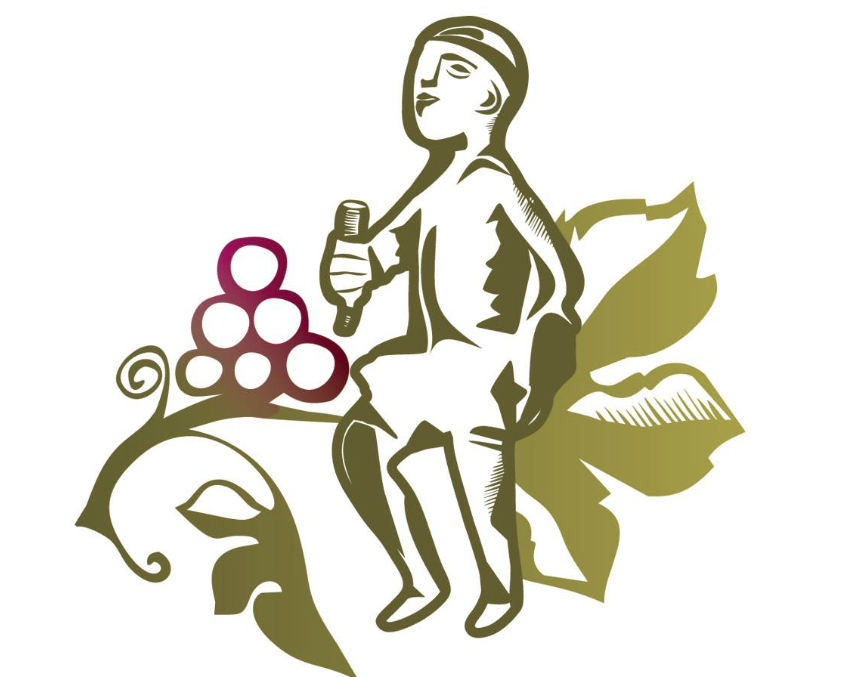10.04.2024 (Caucasian Journal). What EU integration will bring to people and industries in Georgia? In our new interview series, EU experts from various fields share their insights. Today's focus is on TOURISM and HOSPITALITY.  Our guest is Dr. Petr STUDNIČKA, Head of the Hotel and Tourism Management Department at the University College, Prague. Being one of the leading Czech experts for the tourism sector, he is a member of the Society of Tourism Scientific Experts, Association of Hotels and Restaurants of the Czech Republic, Czech Gastronomic Institute, and other tourism-related associations and journal boards.
Our guest is Dr. Petr STUDNIČKA, Head of the Hotel and Tourism Management Department at the University College, Prague. Being one of the leading Czech experts for the tourism sector, he is a member of the Society of Tourism Scientific Experts, Association of Hotels and Restaurants of the Czech Republic, Czech Gastronomic Institute, and other tourism-related associations and journal boards.
We wish also to thank Ms. Nino NEBIERIDZE, Director at City Hotels, General Manager at Tbilisi Chambers Trademark Collection by Wyndham and City Avenue Hotel, for her comments and questions, which helped us to make this article even more valuable for the professionals.
▶ ქართულად: Read the Georgian version here.
Alexander KAFFKA, editor-in-chief of CJ: Dear Petr, welcome to Caucasian Journal! I know you have been to Georgia, which last year became a EU candidate country. Tourism is a very important sector of economy for both our countries. That is why we wanted to devote this interview to the Czech experience, which becomes even more relevant for us with the view of future EU rapprochement. For a start, a general question: How do the tourism-oriented countries benefit from joining EU?
Petr STUDNIČKA: Joining the EU has a positive impact on the economy. The free movement of people, goods, services and capital is beneficial for the development of tourism. This is about 450 million inhabitants in the single market. Access to the Schengen area has a very positive effect. The Czech Republic became an EU member state in 2004, we joined Schengen in 2007. What remains is the adoption of the euro and entry into the Eurozone. The Czech Republic will have to wait for that for some time, it will be a political decision. By joining the EU, the state also receives funds from European Union sources, which can be used in moderation to support tourism (e.g. development of tourism in threatened areas, digitization of processes in tourism).






